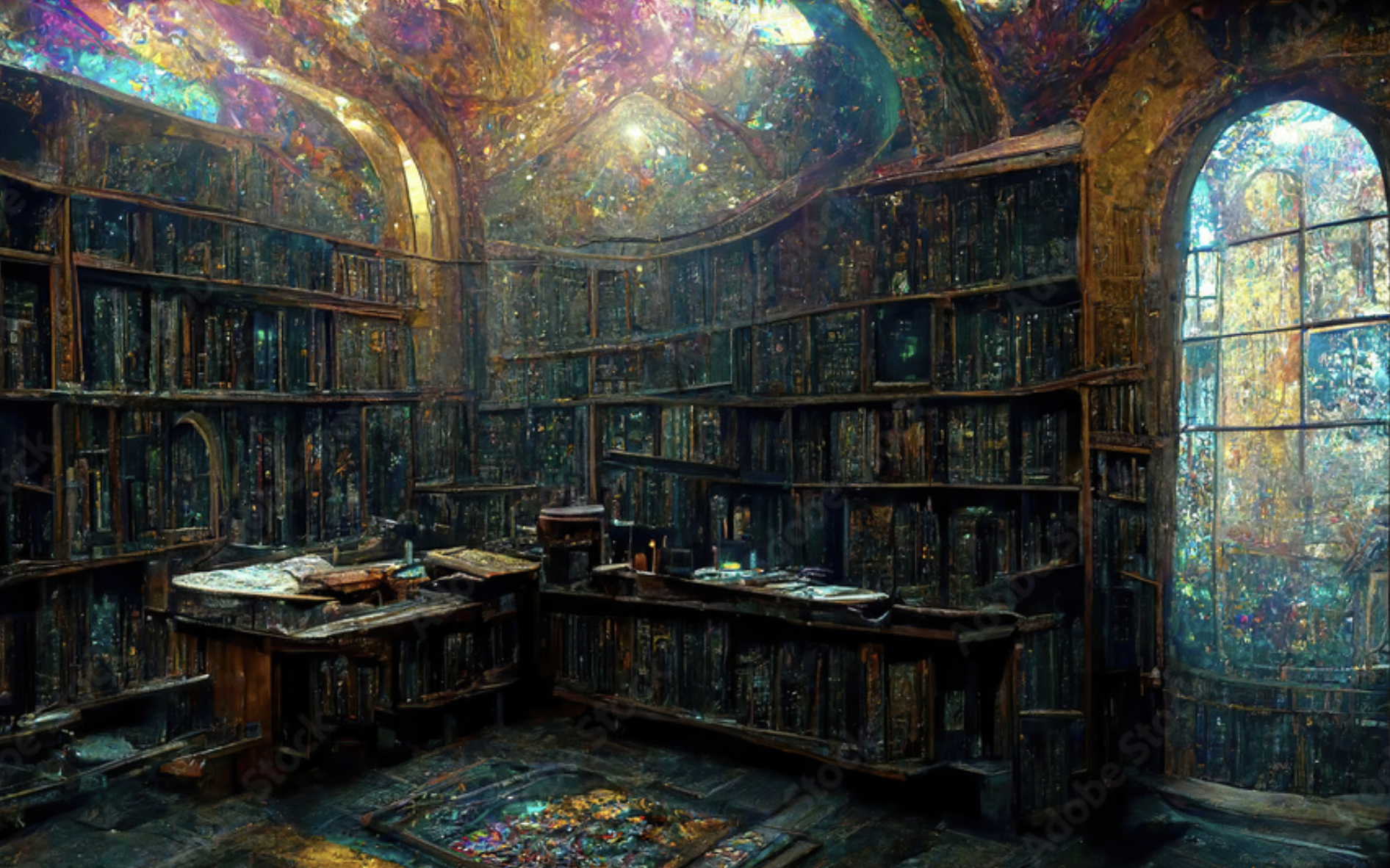
I’ve written less publicly this year, in part due to taking up journaling. But I wrote about my favorite novels of 2021 and 2022 at the conclusion of the last few years, so at this point it’s tradition.
Here are some of the novels I enjoyed most in 2023:
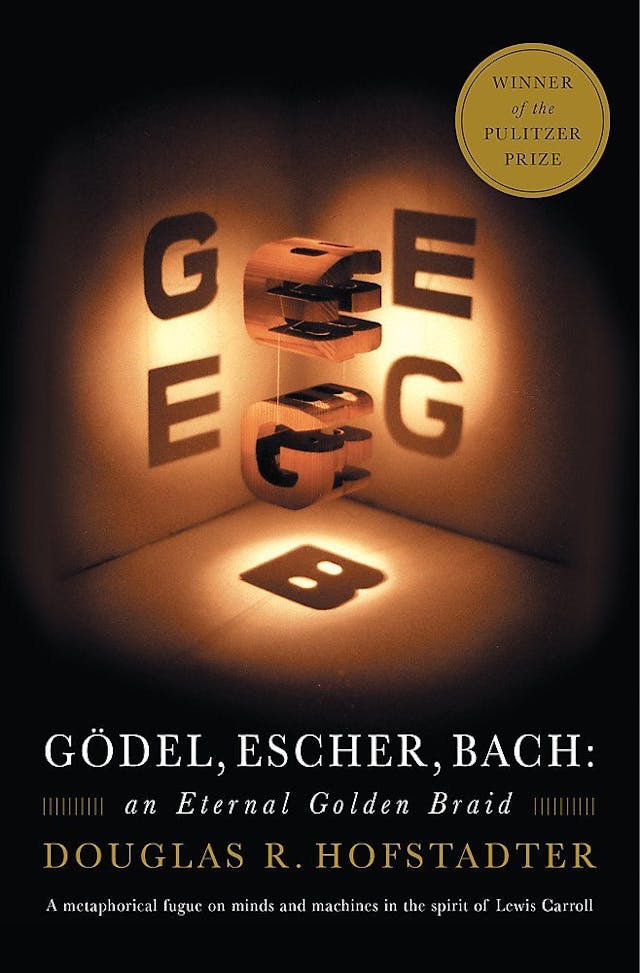
Honorable Mention: Gödel, Escher, Bach: An Eternal Golden Braid (DNF)
Meaning lies as much
in the mind of the reader
as in the Haiku.
I didn’t finish this book. If you've read it, you probably didn’t finish either. But I didn’t want to wait until completing it to recommend G.E.B. because that might be a while.
I bought my copy of this book at a small bookstore in Shanghai, and then proceeded to read bits of it at a snail's pace. Not only is this not a beach read, it's nearly impossible to describe this book in a single sentence. My best attempt? It's about 'formal systems' and the interconnectedness of math (number theory!), logic, cognitive neuroscience, linguistics, and music – ultimately attempting to explain "how it is that animate beings can come out of inanimate matter".
G.E.B. does this through puzzles, wordplay, dialogues, and even custom programming languages. If the premise doesn’t entirely make sense to you, you’re not alone (I don't fully understand it either). Still, this book is brilliant. I wouldn't go so far as to say it's something everyone should read, but I’d love to eventually see it through. If you haven’t heard of it or picked it up before (and you like the work of Godel, Escher, or Bach), you should definitely give G.E.B. a chance.
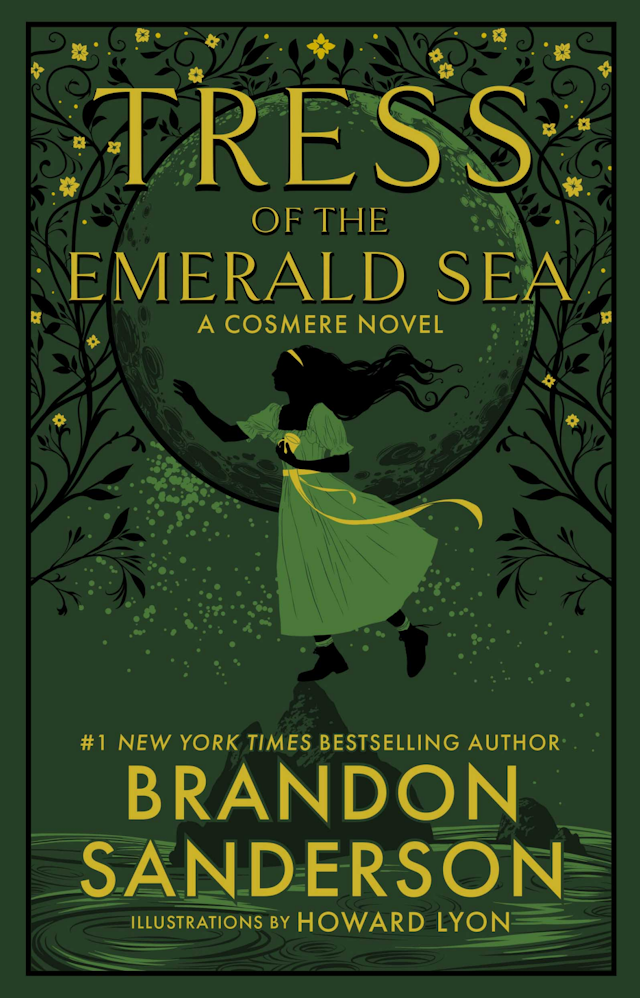
Honorable Mention: Tress of the Emerald Sea
Do you know how many grand romances would have avoided tragedy if the hero had thought, "You know, maybe I should ask her if she likes me first"?
I already wrote at length about my thoughts on Tress in another post this January. Despite being one of the first novels I read this year, 11 months later, this short, whimsical, and fun "Princess Bride"-like fantasy adventure remains a read I’d easily recommend.
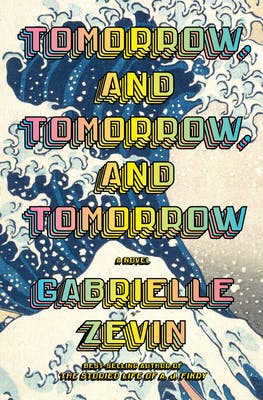
5) Tomorrow, Tomorrow, and Tomorrow
This is what time travel is. It’s looking at a person, and seeing them in the present and the past, concurrently. And that mode of transport only worked with those one had known a significant time.
Any book that I read in a single day has a high chance of making on to this list, and that is exactly what happened with this novel on a train ride back from D.C. in August. Tomorrow, Tomorrow, and Tomorrow - after the famous Shakespeare line - centers on a platonic relationship between two friends across decades of their lives as they build games together and the challenges they confront.
I considered several of the themes and ideas in this novel for weeks afterwards, such as one of the early games a character creates, Solution. In this "game", you solve Tetris-like puzzles to earn points until you realize you’re actually building weapons for the Third Reich - solution is the “final solution”, and you’re complicit. Premises like these are imaginative and thought-provoking, and gave me more to think about regarding thorny topics such as cultural appropriation. These elements of the book make up for the fact that I found two of the three primary characters strongly unlikable (although the third is too likable, if that is possible).
Whether you understand the references to Ghibli and video games or not, this is a quick read worth checking out.
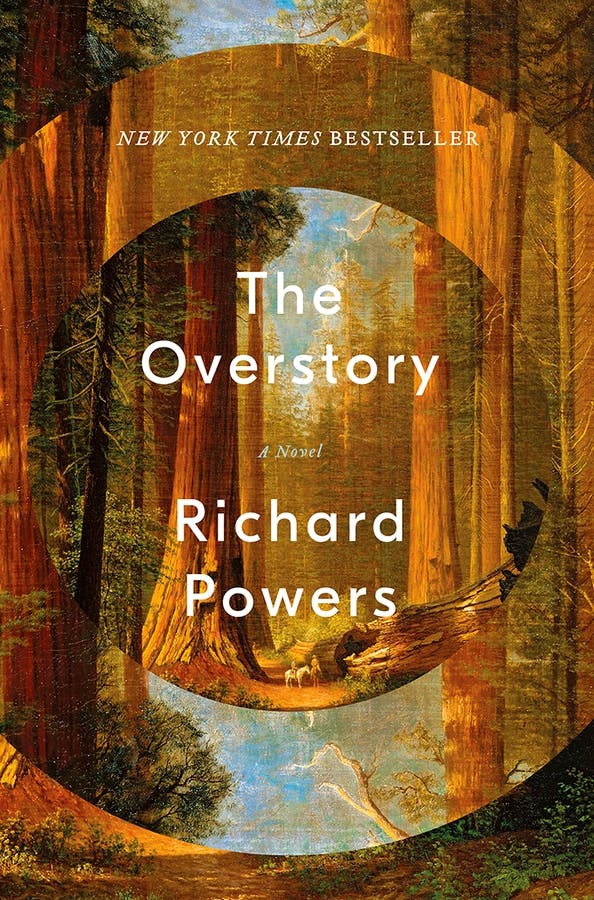
4) The Overstory
This is not our world with trees in it. It's a world of trees, where humans have just arrived.
The Overstory is an eco-fiction novel about trees – and the lives of dozens of people who become intertwined in a journey of environmental science and activism bigger than themselves. It begins with eight short stories about characters ranging from the daughter of a Chinese immigrant to an intellectual property attorney. An artist. A programmer. A Vietnam veteran. The only universal thread among their stories – the presence of nature.
At times, I struggled to make it through sections of The Overstory – it's dense, and ocassionally dull. I typically don’t recommend any book that I don’t LOVE every part of. But Powers’ Overstory isn’t any book. It’s one of the few novels I’ve read that, since finishing, I am constantly thinking about. Each month I am reminded of this brilliant work of writing. Staring at a massive tree trunk in the Muesum of Natural History. Walking over a gargantuan stump in Rotorua. Re-reading the final epigraphs on a beach. Making jokes about a large oak on Hillhouse avenue.
The prose is beautiful and the message poignant, with descriptions so vivid you are transported into the forest. You can almost see the light breaking through the leaves, smell the pine needles and the damp moss. I have never felt more connected to nature than after reading this novel, and if you check it out, you may feel that way too.
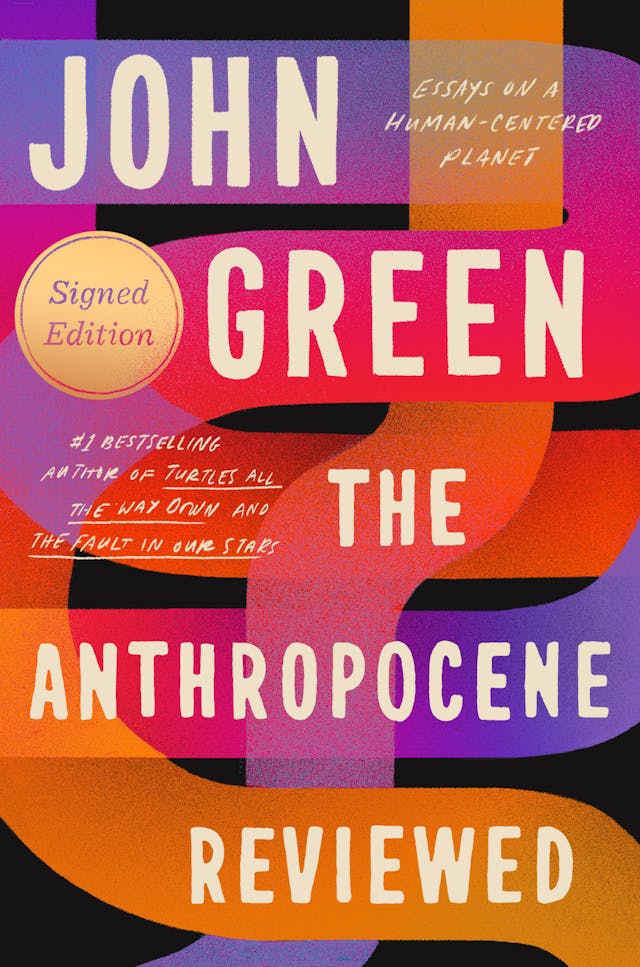
3) The Anthropocene Reviewed
Our obsessive desire to make and have and do and say and go and get—six of the seven most common verbs in English—may ultimately steal away our ability to be, the most common verb in English.
I haven’t loved all of John Green’s most famous novels, such as Looking for Alaska or The Fault in Our Stars. But I LOVED The Anthropocene Reviewed.
"The Anthropocene is the current geological age, in which human activity has profoundly shaped the planet and its biodiversity." This incredibly heart-felt collection of short essays is a moving deep-dive into Green’s mind regarding everything from Monopoly to Air Conditioning to Dr. Pepper to Nathan’s Hot Dog Eating Contest. Velociraptors, Sunsets, QWERTY keyboards, The Penguins of Madagascar.
Random? Perhaps. And yet so incredibly, almost surprisingly meaningful. I learned a bunch of random Wikipedia facts, but I was also pushed to consider our world in new and refreshingly optimistic ways.
To embrace the irony of reviewing a book about reviews, I rate The Anthropocene Reviewed 4 1/2 stars!
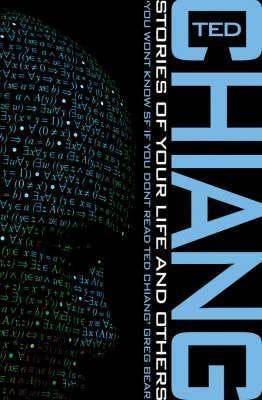
2) The Story of Your Life
It's essential that you behave as if your decisions matter, even though you know they don't. The reality isn't important: what's important is your belief, and believing the lie is the only way to avoid a waking coma. Civilization now depends on self-deception. Perhaps it always has.
Arrival (along with basically any film directed by Denis Villeneuve) is one of my all-time favorite films. But it took me until this year to finally read the short story that inspired it, and I definitely waited too long.
The story of a linguist and a physicist trying to interpret the language of seemingly-peaceful aliens is just as gripping as in the film, but in written form, the focus is less on the geopolitical conflict and more on the characters. Whether or not you know when something is happening, the emotional moments hit hard. And perhaps that's the point.
The premise of a novel not told linearly has never been done this well. Chiang weaves a story of love and loss through a science fiction filter that gives us so much to think about, from the existence of free will to the nature of our human perception of time. You can read this story in less than an hour, and if you have a spare hour, you should.
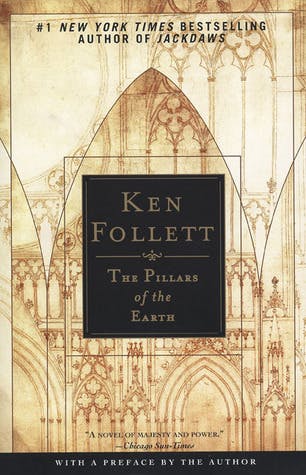
1) The Pillars of the Earth
The most expensive part of building is the mistakes.
If you had told me last year that the book I would consider my favorite read of 2023 would be a 1000 page epic about the building of a 12th-century English cathedral, I would have found that unlikely. Yet, when I was about to embark on a full-day flight, my mom recommended Pillars as one of her favorite novels from when she was in college. So I downloaded it to my Kindle. And I couldn't put it down.
Pillars is the quintissential historical fiction novel. While it is obstensibly about the building of a church, the book is really about the people who build it. This process takes multiple generations and so the characters of this world take center stage, and the challenges they face are incredibly compelling. I also enjoyed learning more about the ways in which the church and government were interlinked in this time, particuarly the role of a Prior and his monks in local governance.
Follett plotted Pillars well; despite its length, the tome moves at a fast pace and events early in the novel are not forgotten, often having implications dozens of chapters later. On multiple occasions I was happily suprised to realize that some character that was introduced earlier in some other context had returned to the story in a new context.
While there is true evil in this story, what I find scary about the incredibly hateable villians in Pillars is that they are not Voldemort or White Walkers. Civil war is the end of justice, and people act in horrifying ways that are historically accurate to their time. Like Game of Thrones, there is a significant amount of graphic violence. Also like Game of Thrones, these moments are often used to great effect – you feel uncomfortable, upset, even angry. And it makes any moments of triumph all the more worthwhile.
If the length and violence aren't turn-offs for you, and you're interested in medieval history, Pillars won't disappoint. And while each story is completely self-contained and takes place centuries apart, the sequels A World Without End and A Column of Fire are also incredible.
Until next year... Thanks for reading :)